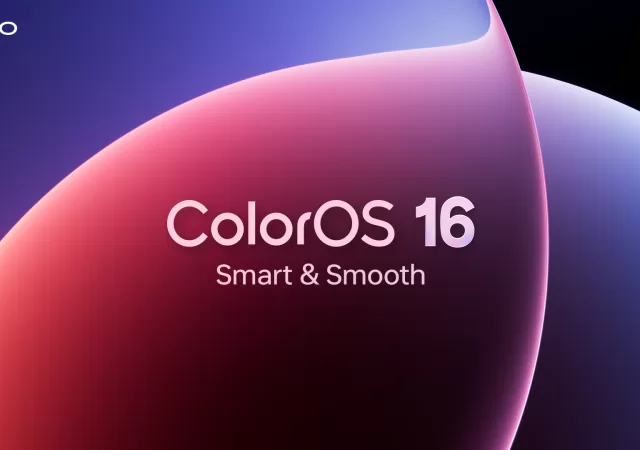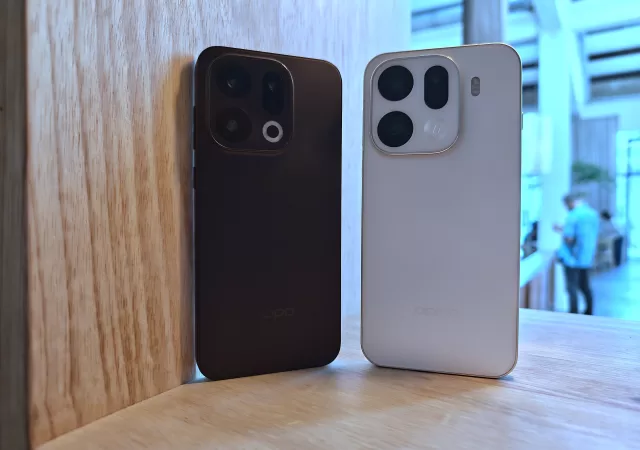Google I/O 2023 is just around the corner, and we are all quite excited. Apart from the new Pixel 7 series, we are expecting Google to announce a new foldable smartphone. We are also expecting that to be priced like a Samsung foldable, which is not necessarily a good thing. Still, we can look forward to a new Android, a foldable or convertible friendly one at least. They say that it might not look completely different this time round over the 13th generation of Android introduced in the same event last year. Every iteration of Android comes with a slew of its own improvements though, be it in the interface improvements, responsiveness, and even function.
There is a problem that has plagued Google’s mobile ecosystem for a while now though. It has to do with the multitasking capabilities of the interface. While manufacturers like Samsung have been championing multitasking on their devices for a long time, the vanilla Android is quite bad at it, as it seems. One of those problems is that apps tend to shut down when you leave it in the background. That is the opposite of what you want to happen when you are championing your device for multitasking purposes.
Their blog announcement points out a consistency problem of background apps working behind the scenes of your Android smartphone. They say that the Android ecosystem is flawed when it comes to multitasking. They pointed out that foreground services and background work are restricted on different devices by manufacturers. That means that different apps tend to behave differently across devices when they are put on the backburner. That is why you have passive apps that hardly work on your Android devices until you launch them again.
The next step for Google, according to their blog post anyway, is to introduce APIs and standards to ensure their partners adhere to a consistent set of guidelines for app functions on their devices. Samsung, one of the champions in mobile multitasking, is announced to be their first partner to take the step. The new APIs that is to be introduced by Google is not a way to police their partners, rather a set of guidelines to ensure that apps behave consistently on the foreground and background across devices, creating a more consistent Android experience for all users. Allowing for better and more consistent background works on Android also allows app developers to create apps that work better with other apps at the same time, offering better user experiences across the board. Of course, the guidelines will help offer apps that work as intended by the developers.
Google has also stated that all these improvements on foreground and background apps will be introduced in Android 14. The improvements include more user control even on foreground apps and services, smoother large uploads and downloads of user-initiated data transfer jobs via JobScheduler, and a new Google Play policy for appropriate use of foreground services. There are no mentions on whether the first patch of Android 14 will get these treatments or not. We can only tell when they announce Android 14 in the coming Google I/O or when they start shipping their latest Google Pixel out to customers.






